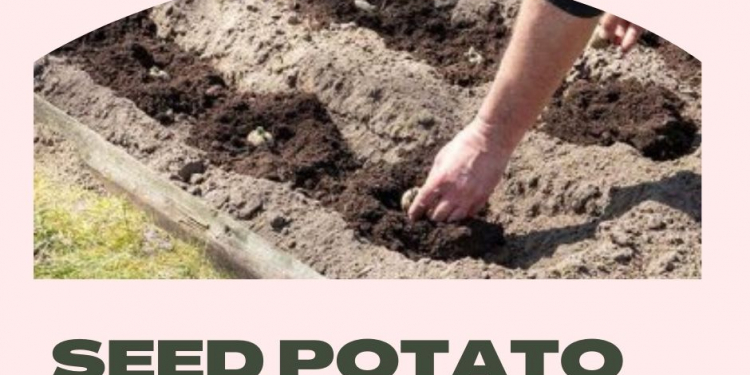The Canadian Food Inspection Agency (CFIA) confirmed recently that the US border is now closed to Prince Edward Island (PEI) seed potatoes after potato wart was again found in two PEI fields, on two separate farms.
Even though no spuds from either farm have been shipped outside of the province, according to an official statement sent to CBC by CFIA, seed potato shipments from PEI to the U.S. have been “temporarily suspended.”
The movement restrictions do not apply to fresh PEI potatoes for table stock or processing, which continue to be exported domestically and internationally.
The interprovincial and international trade of seed potatoes from PEI represents approximately 2.1% of all PEI potato production when measured by volume, according to CFIA.
About 15% of potatoes grown on PEI are used for seed. The US has been the single biggest international buyer. In 2019, USD3.1m of USD4.5m in seed potato exports went to US buyers.
The potato wart fungus is spread through the movement of infected seed potatoes and contaminated soil.
It poses no threat to human health or food safety but is known to decrease yield — the number of good potatoes that can be harvested and sold.
Potato wart can remain dormant in a field for more than 20 years.





